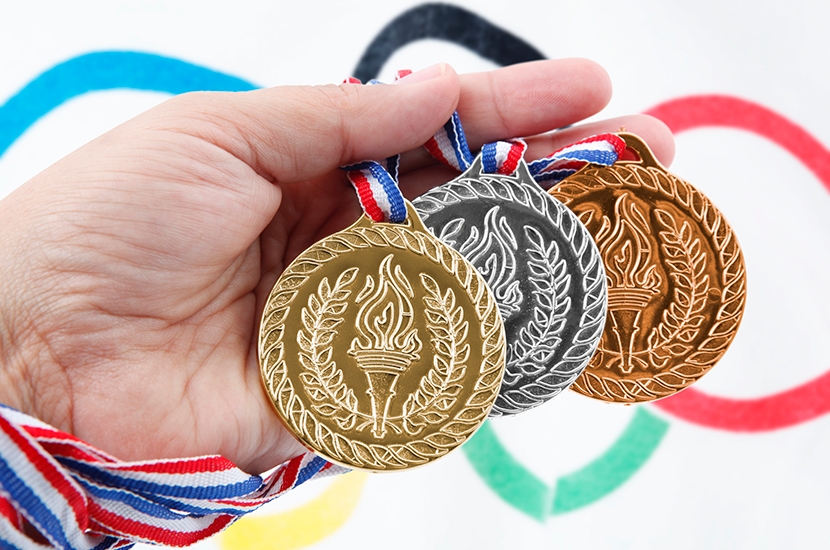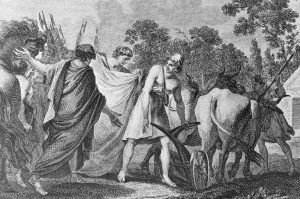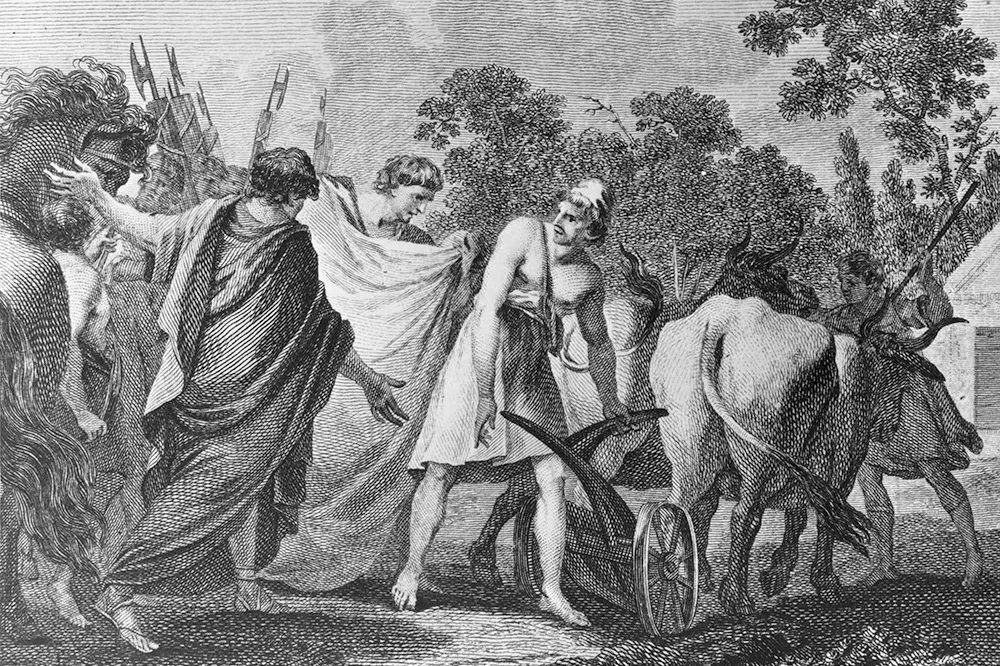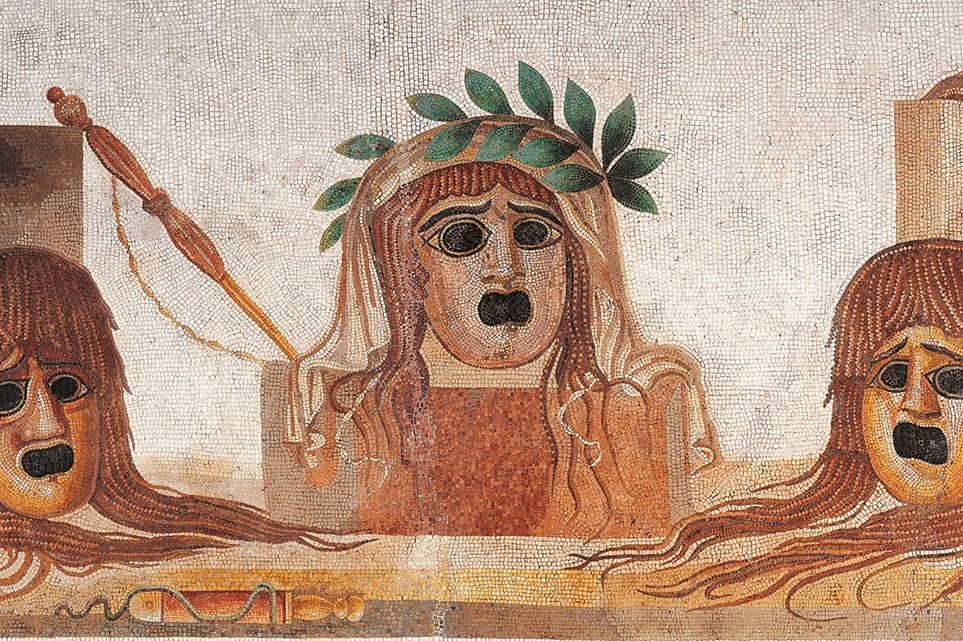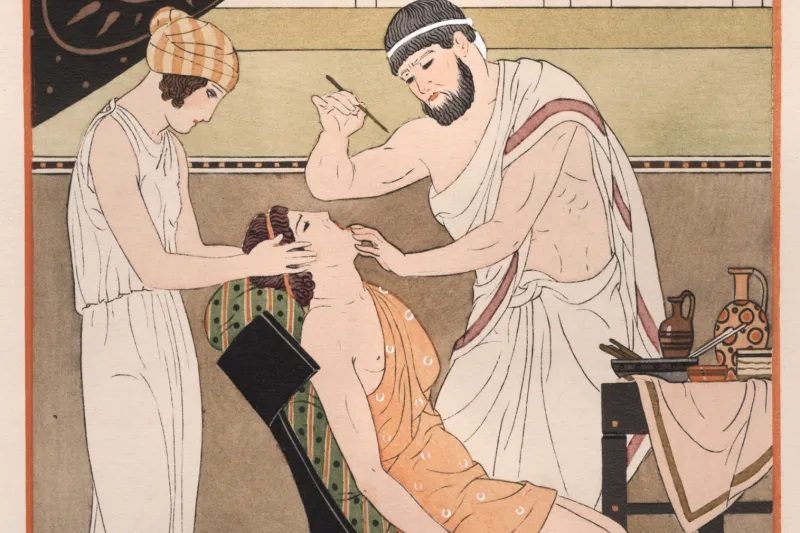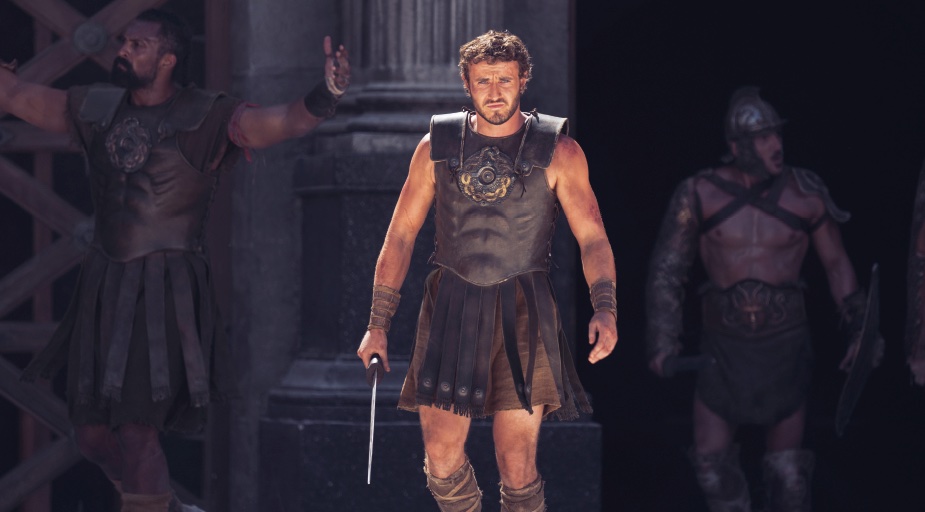Winners at the Olympics were thought to have come as close to a god as any man could. But that did not stop some Greeks wondering whether it was all worth it.
The poet Xenophanes commented that ‘a noble boxer would not make a city better ordered, nor keep its granaries filled’. Diogenes the cynic once met an athlete boasting about how fast he was. Diogenes replied: ‘But not faster than a rabbit or deer, the swiftest of animals, and also the most cowardly.’ Aristotle was not hostile to the games per se — just to the extremes to which they drove people: ‘The athlete’s habit of body does not produce a good condition for the general purposes of life…some exertion is essential but it should be a general exertion, directed to all the activities of a free man.’
The satirist Lucian imagined a conversation on the topic between the wise Scythian Anacharsis and Solon, the Athenian reformer. Anacharsis cannot believe that athletes, having amicably oiled each other and scraped the oil off, then attack each other, ‘grappling, tripping and throttling each other like pigs wallowing in mud’. Another is punching his opponent, leaving him ‘spitting out teeth, mouth full of blood and sand…while the officials actually encourage them’. In reply, Solon enthuses over the popularity of the Games and the stakes — honor and glory.
Anacharsis cannot credit that combatants enjoy fighting or spectators appreciate seeing them dripping with blood and knocking each other about — and all for a wreath of olives or parsley! Is receiving a kick in the stomach really the only way to get hold of those products? Solon talks of their symbolic value and conjures up a world of ‘courage, beauty, skill, strength, enterprise’ and the value of ‘endurance and discipline… for the defense of one’s country’. Anacharsis mockingly wonders whether oiling up and sprinkling yourself with dust, and then trying to trip the enemy up, will put them to flight, and reckons he would rout the lot with his little knife.
Plus ça change: is there anything new to be said on the still relevant topic?
This article was originally published in The Spectator’s UK magazine. Subscribe to the World edition here.



